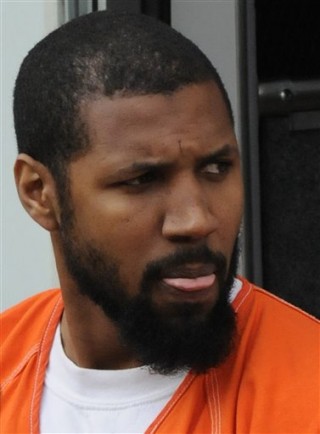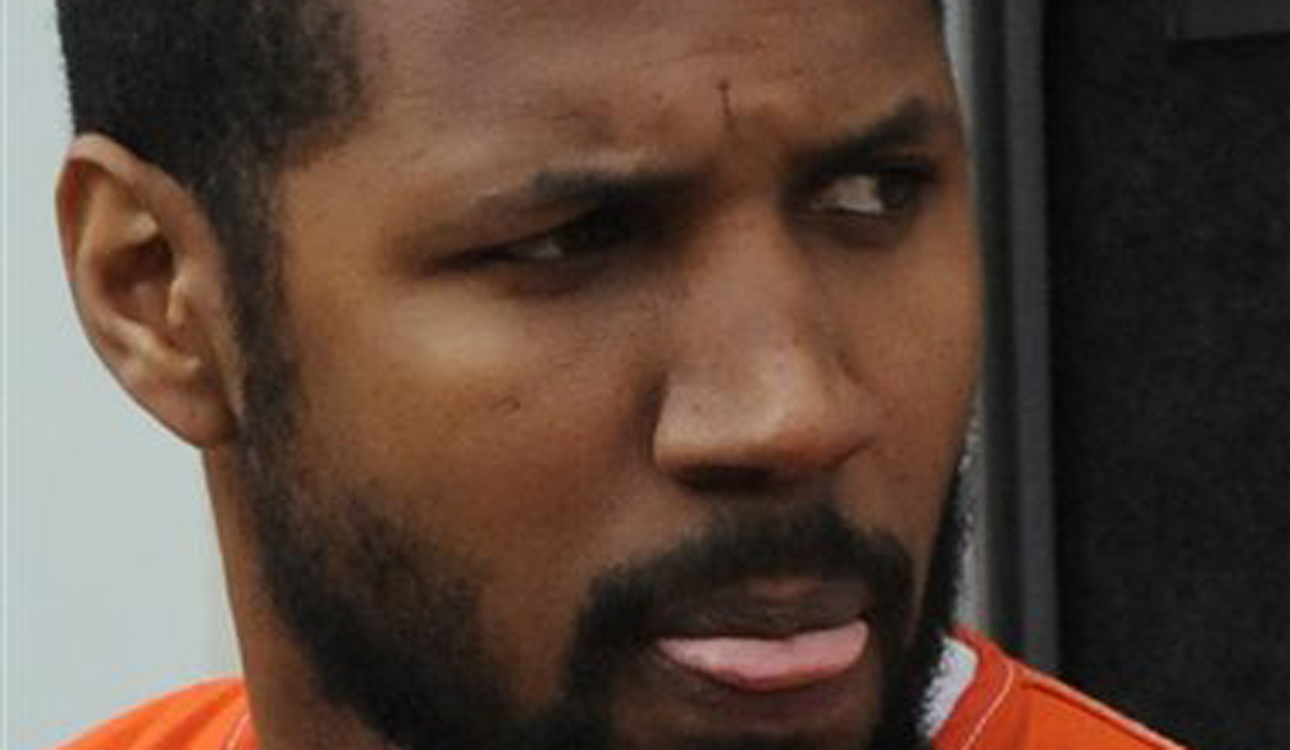
Associated Press
By Juan A. Lozano
Associated Press
HOUSTON — A Texas man accused of trying to sneak out of the country with restricted U.S. military documents, money and equipment in order to join al-Qaida told a judge Monday that he wanted to leave because he disagrees with American foreign policy and that he never intended to hurt anyone.
Barry Walter Bujol Jr. told the court during opening statements at his trial that he wanted to leave to become a better Muslim and that he never meant to join or support a terrorist group.
“My desire to leave the United States was not to commit acts of terrorism … but simply to express my discontent and displeasure with my tax dollars and what I was doing as a citizen with foreign policy objectives I didn’t agree with,” said Bujol, who addressed the court from a wheelchair because of a leg infection.
Federal prosecutor Garrett Heenan painted a very different portrait of the 30-year-old defendant, telling U.S. District Judge David Hittner that Bujol exchanged emails with the U.S.-born cleric, Anwar al-Awlaki.
“Bujol had emailed al-Awlaki seeking guidance regarding jihad. Al-Awlaki responded by emailing a terrorist manifesto entitled, ‘42 ways of supporting jihad,’” Heenan said.
Al-Awlaki, who had ties to al-Qaida and who was killed by a U.S. drone strike in September in Yemen, is alleged to have exchanged emails with Maj. Nidal Malik Hasan, the Army psychiatrist charged with killing 13 people in the November 2009 Fort Hood shootings.
Bujol, who is a U.S. citizen, dismissed his court-appointed attorneys and was representing himself at his trial, which was being heard by a judge instead of a jury, at his request.
One of his former attorneys, Edward Mallett, was on hand to answer legal questions.
Bujol was mostly quiet Monday, writing notes and looking at a laptop as prosecutors questioned their first witness, Bryan Cannon, an FBI agent on the FBI Joint Terrorism Task Force, which spent two years investigating Bujol.
He began questioning Cannon late Monday and often paused between questions.
If convicted of the charges — attempting to provide material support to a foreign terrorist organization and aggravated identity theft — Bujol could be sentenced to up to 20 years in prison.
Bujol was arrested in May 2010 after using fake identification to sneak into a Houston port and board a ship bound for the Middle East, Cannon said.
Cannon testified about how a tip in 2008 led authorities to investigate Bujol, who was a student at Prairie View A&M University, about 50 miles northwest of Houston.
According to court documents, Bujol used at least 14 email addresses to hide his activities from authorities and he advocated attacking U.S. facilities where military weapons were manufactured.
Authorities say Bujol made three unsuccessful attempts during February and March 2009 to travel to Yemen or the Middle East.
On two of these attempts, he was arrested for either a traffic warrant or driving with a suspended license.
In the other attempt, he tried to go through Canada but was denied admission into that country.
“Our agency was concerned he may take matters into his own hands and do something,” Cannon said. “We always wanted to know where he was.”
Cannon said to find out if Bujol was serious about joining al-Qaida, the task force used an undercover informant who befriended Bujol and posed as a recruiter for al-Qaida for the Arabian peninsula. Cannon said Bujol eventually agreed to a plan in which the informant would help him travel to the Middle East by sneaking him on the ship at the Houston port.
The plan also called for Bujol taking to al-Qaida operatives a bag the informant had given him that contained GPS receivers, two nonpublic restricted-access Army manuals and other items, the FBI agent said.
Bujol said he “never praised al-Qaida operations,” that it was the informant who suggested he join the terrorist group.
He also said the items he is accused of trying to take overseas were not bought by him and he was only “essentially a custodian for items (the informant) was going to send to his friend.”
Prosecutors played a video Monday that they say Bujol left behind for his wife to find after he had made it overseas.
In the video, he talked about his leaving the U.S. as being the “most important decision of my life” and that he’s “doing good work.”
Near the end of the video and over an image of a person carrying a rocket-propelled grenade, he asks his wife to “pray for us … pray for victory.”
The video also featured images of killed al-Qaida leader Osama bin Laden and men kneeling down before AK-47 rifles.
Bujol, who lives in Hempstead, about 50 miles northwest of Houston, was set to plead guilty in the case in October 2010, but he changed his mind.





